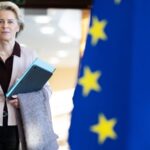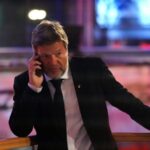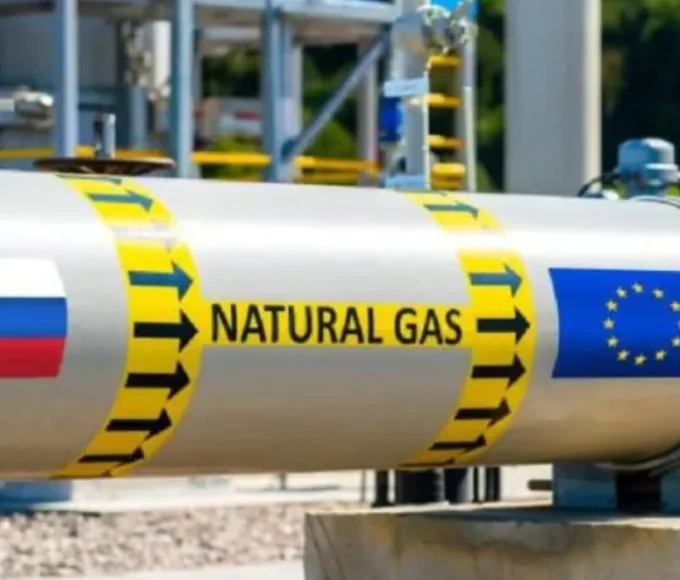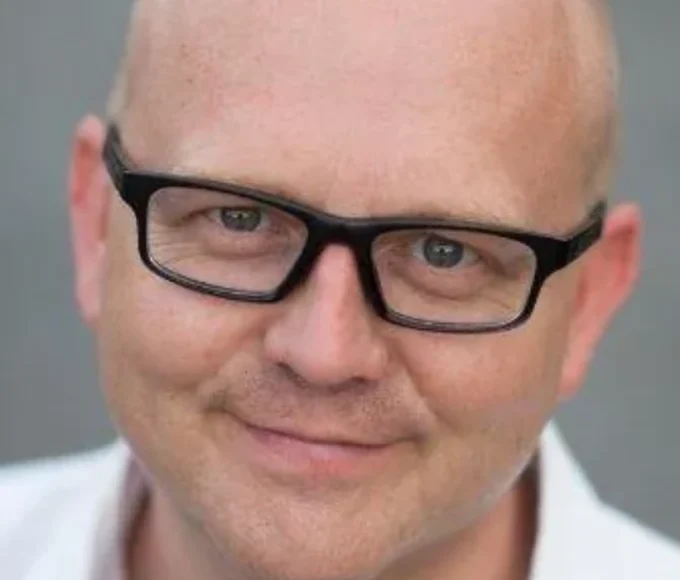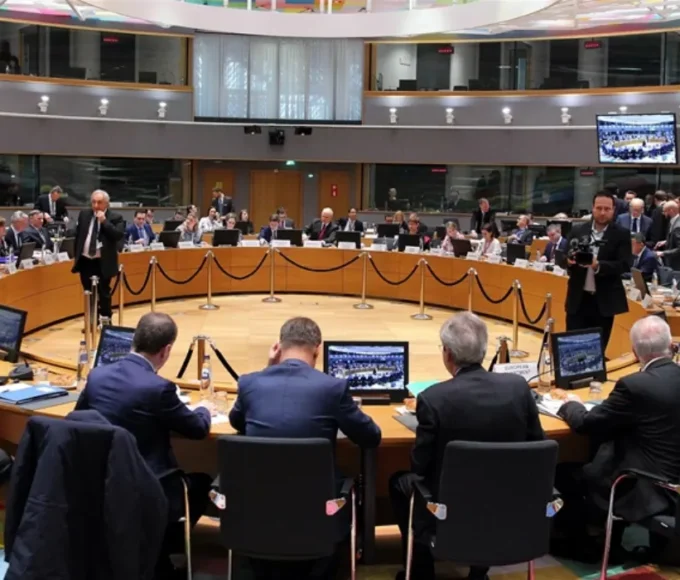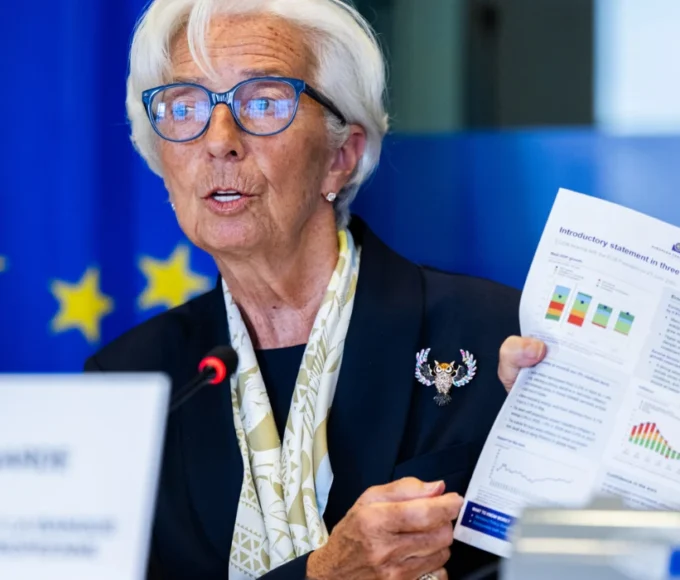Annual preview of the Federal Ministry for Art, Culture, Civil Service and Sport on EU projects in 2023
Vienna (PK) – The Federal Minister for Art, Culture, Public Service and Sport (BMKÖS) has presented his overview of the EU projects for 2023 that fall under the responsibility of the department ( III-874 d.B.). The Minister of Culture’s report is based on the work program of the EU Commission for 2023 and the eighteen-month program of the EU Council. The Council program forms the basis of the work of the trio presidency of France, the Czech Republic and Sweden, which covers the year 2022 and the first half of 2023.
The current work program of the EU Commission for 2023 is entitled “A resolute and united Union” and is dedicated to overcoming the current crises and challenges. In particular, the Commission intends to continue to consistently promote the green and digital transformation in order to make the European Union more resilient and crisis-proof. According to the annual preview, however, the work program of the EU Commission does not contain any current legislative initiatives or proposals that fall under the responsibility of the BMKÖS.
As far as the current Council program is concerned, it sets a clear cultural-political focus with the chapter “Putting culture in the foreground”. According to the Minister of Culture’s report, points of contact for the cultural and film industries can also be found in the chapter “Supporting digital change and fully exploiting its advantages”. At the end of 2022, agreement was reached on the EU work plan for culture for the years 2023 to 2026, the implementation of which will now begin during Sweden’s current Council Presidency.
As for sport, the current Presidency wants to support the recovery of the sector after the pandemic, while emphasizing the positive aspects of sport for society.
EU Projects in The Field of Arts And Culture
With the Swedish Presidency of the Council in the first half of 2023, the implementation of the EU work plan for culture 2023-2026 will begin. Austria welcomes the Swedish Presidency’s focus on artistic freedom and the special consideration given to the precarious situation of Ukrainian artists. The EU culture ministers have exchanged views on appropriate aid measures several times since the beginning of the war and have called for greater coordination at EU level, the BMKÖS notes. The planned Council conclusions aim to underscore the willingness and determination to continue this commitment.
According to the report, the BMKÖS provided a total of 500,000 euros for scholarships and projects with Ukrainian artists last year and will continue this special funding in 2023. The co-initiated “Office Ukraine. Shelter for Ukrainian Artists” will continue to operate its locations in Vienna, Graz and Innsbruck. According to the Ministry of Culture, around 900 artists (or 1,900 people including family members) are currently being looked after and networked with cultural institutions in all sectors.
EU Projects in The Field of Public Service
In the area of public services, the Swedish Presidency is continuing the work of the Czech Presidency on geographical balance in the EU institutions and bodies. This includes the conclusion of bilateral action plans by the EU Commission with the underrepresented member states. An action plan with measures to increase the proportion of Austrian employees in European institutions is to be completed by the end of the first quarter of 2023 and subsequently implemented.
Furthermore, the EU Commission is pursuing the establishment of a cross-institutional ethics authority to prosecute violations of ethics rules. Interinstitutional consultations are currently taking place on this. A proposal from the European Commission is expected in the first half of 2023. According to the BMKÖS, Austria supports the establishment of a powerful cross-institutional ethics authority.
EU Projects in The Field of Sport
The current work plan of the European Union for sport contains three priorities. In the 2023 calendar year, the EU member states want to set activities in the areas of “protecting integrity and values in sport” and “socio-economic and ecological dimensions of sport”. The work on the priority “Promotion of participation in sport and health-promoting physical activity” was already completed in the first half of 2022.
As part of the negotiations on the priority issues for sport in 2023, Austria is particularly committed to the following issues: “Gender equality”, “Safe environment to prevent harassment, abuse and violence including sexual violence and any form of discrimination” and “Development and promoting good governance”. Furthermore, Austria wants to support the priorities “green and sustainable sport” and “crisis resilience of the sports sector”.
The current Erasmus+ program for 2021-2027 also contains a sports chapter and is therefore included in all three key actions of the programme. An innovation for 2023 is that key action 1 (learning mobility) in sport is to be implemented in a decentralized manner by national agencies for Erasmus+. In April 2021, Austria named the OeAD-GmbH to the European Commission as the national agency for the Erasmus+ program and for the European Solidarity Corps.
This article is originally published on parlament.gv.at




